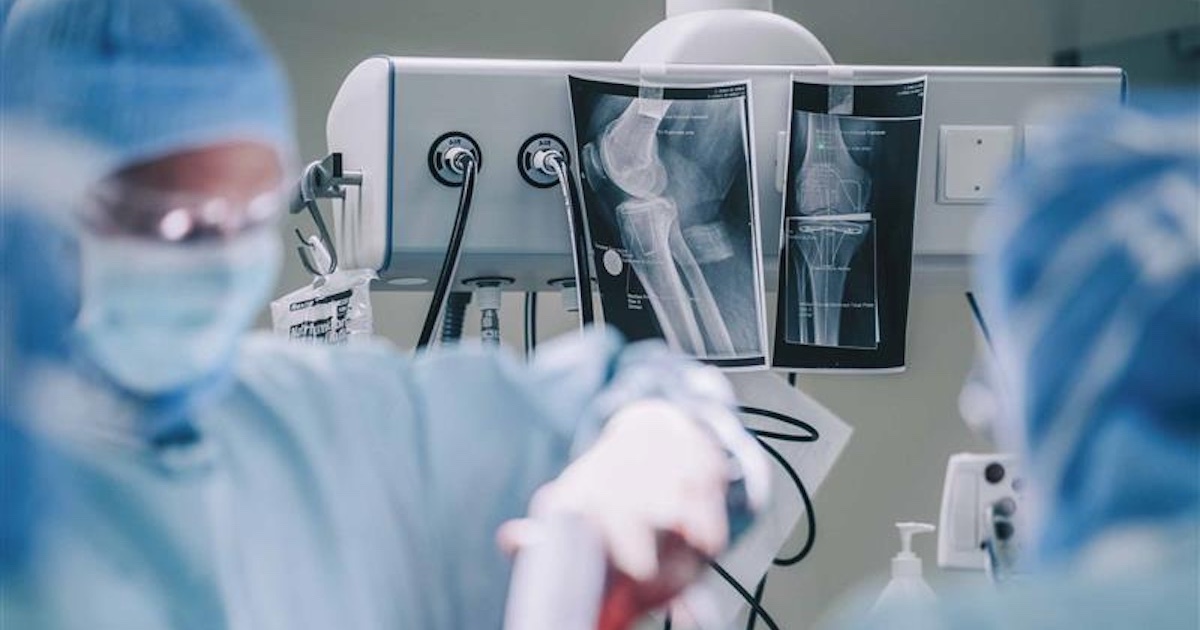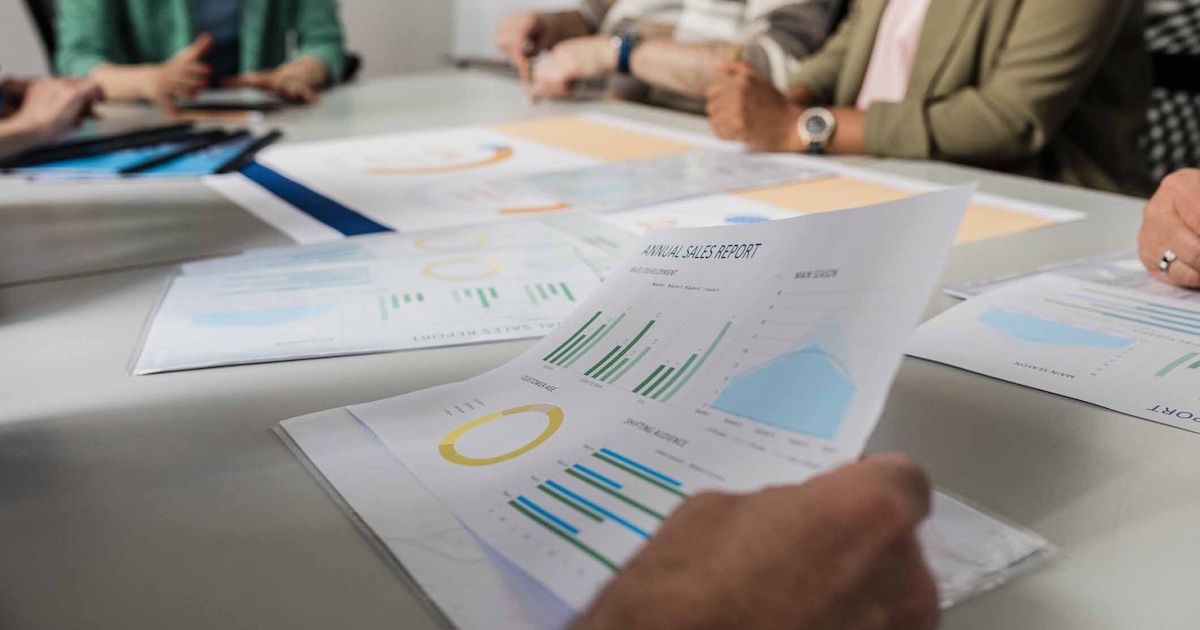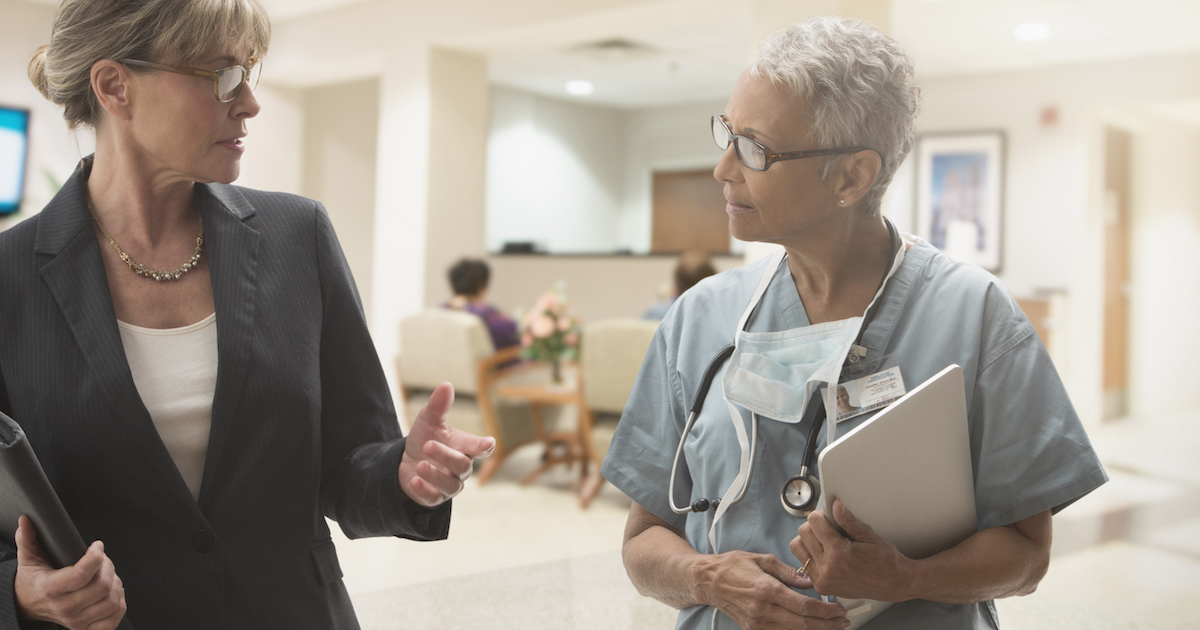 (Pictured on Left) Ezekiel Emanuel, Special Advisor for Health Policy, OMB, Executive Office of President Obama.
(Pictured on Left) Ezekiel Emanuel, Special Advisor for Health Policy, OMB, Executive Office of President Obama.
The organizers of TEDMED managed to get Emanuel to close out the second day of the event with a sit-down discussion, however, he was under strict orders not to discuss health reform. Emanuel, instead, discussed health systems generally, vaguely described his relationship with his brother, Rahm Emanuel and admitted he no longer eats any of the food he grew up on.
Finally, Emanuel said he did not believe that patients are willing to give up much of their time to monitor their health and become more empowered. Emanuel said that in 20 years physicians will still retain the same role they always have.
Slide 1 - Dr. Phillip Low, Founder, Chairman and CEO of NeuroVigil

Dr. Phillip Low, Founder, Chairman and CEO of NeuroVigil with event organizers Richard Saul Wurman and Marc Hodosh. Pictured top left is a live feed EEG broadcasting from the wireless sensor worn by Hodosh
Low convinced TEDMED organizer Marc Hodosh to don an EEG sensor and livestream his brainwave to his smartphone. Low also instructed Hodosh to blink so that the audience could see the change in his brainwaves in real-time. NeuroVigil aims to use this system to help people monitor for sleep disorders and other neuropathologies.
 Slide 2 - Eric Dishman Co-Founder, Center for Aging Services, Intel Fellow, Digital Health Group
Slide 2 - Eric Dishman Co-Founder, Center for Aging Services, Intel Fellow, Digital Health Group

Dishman hammed it up on stage and told the audience that Intel allowed him to bring an innovative, new device that is set to revolutionize healthcare -- and then he pulled out a "ringing" old-timey telephone. Dishman said we don't need new devices to track people, we need a better understanding of the psychological and behavioral underpinnings of home health care.
Slide 3 - Qualcomm CEO Paul Jacobs with Cookie Monster

Jacobs demonstrated a number of wireless health monitoring devices and sensors during his presentation at TEDMED in San Diego this week. Perhaps the most memorable was this demo of a Cookie Monster toy that moved around the stage, fell down, and stood back up again -- all while being tracked by an accelerometer-equipped activity monitoring sensor.
Slide 4 - Proteus Biomedical CEO Andrew Thompson

The global market for telecommunications is about $4 trillion to $4.5 trillion, Proteus Biomedical CEO Andrew Thompson noted during his presentation at TEDMED this week in San Diego. While there is this ongoing debate about healthcare reform, I noticed that there isn’t a reform discussion taking place about technology markets, Thompson said. That’s interesting, but it’s important to know the reasons why: It starts with the definition of “innovation” in the technology sector vs. the definition of “innovation” in healthcare. For the tech industry innovation means better and more affordable, while in healthcare innovation means better and more expensive. That means every year you get less for your money in healthcare, which is the exact opposite for the tech market, Thompson said.
Slide 5 - Chief Medical Officer of the West Wireless Health Institute, Dr. Eric Topol

“Medicine is going to be vastly different,” Chief Medical Officer of the West Wireless Health Institute, Dr. Eric Topol told attendees at the TEDMED event in San Diego this week. ”As a cardiologist for the past 25 years, I can tell you that the stethoscope is dead.” The stethoscope, which was created in 1816 won’t be used by doctors in 2016, Topol said.
“What has changed our society is wireless devices. How we listen to music. How we communicate. The latest frontier is how we read. This has been an enormous change in a very short period of time. That is the story of digital wireless devices, but the future we are talking about here at TEDMED are digital healthcare wireless devices,” Topol said.
Slide 6 - David Pogue, Technology Columnist, New York Times

David Pogue had the difficult task of explaining whether the iPhone could "Save your life," which he set out to do through song, video clip and anecdote. Pogue also put together a short list of medical apps worth checking out, but he did not pick them himself. Instead he asked his Twitter followers for some suggestions: Jet Lag RX, uHear and SoundAMP were among those picked. It would have been interesting to hear which apps Pogue, himself, thought were promising, but it's understandably difficult to pass judgment on applications for diseases or conditions the reviewer does not have.
Slide 7 - TEDMED organizers: Richard Saul Wurman and Marc Hodosh

The vested duo kept the conversation between presenters light but thought-provoking. Wurman, in particular, is intent on presenting difficult medical and health-related subjects in easy-to-understand ways. Hodosh, the current head of TEDMED, was a good sport and had his brainwaves streamed in real-time, but also underwent a brain scan before the event. Both organizers were also in vests for the entire event -- all attendees received TEDMED branded vests as a gift. No scarf, though -- and it was cold on the beach in San Diego each night, too. Next year?


